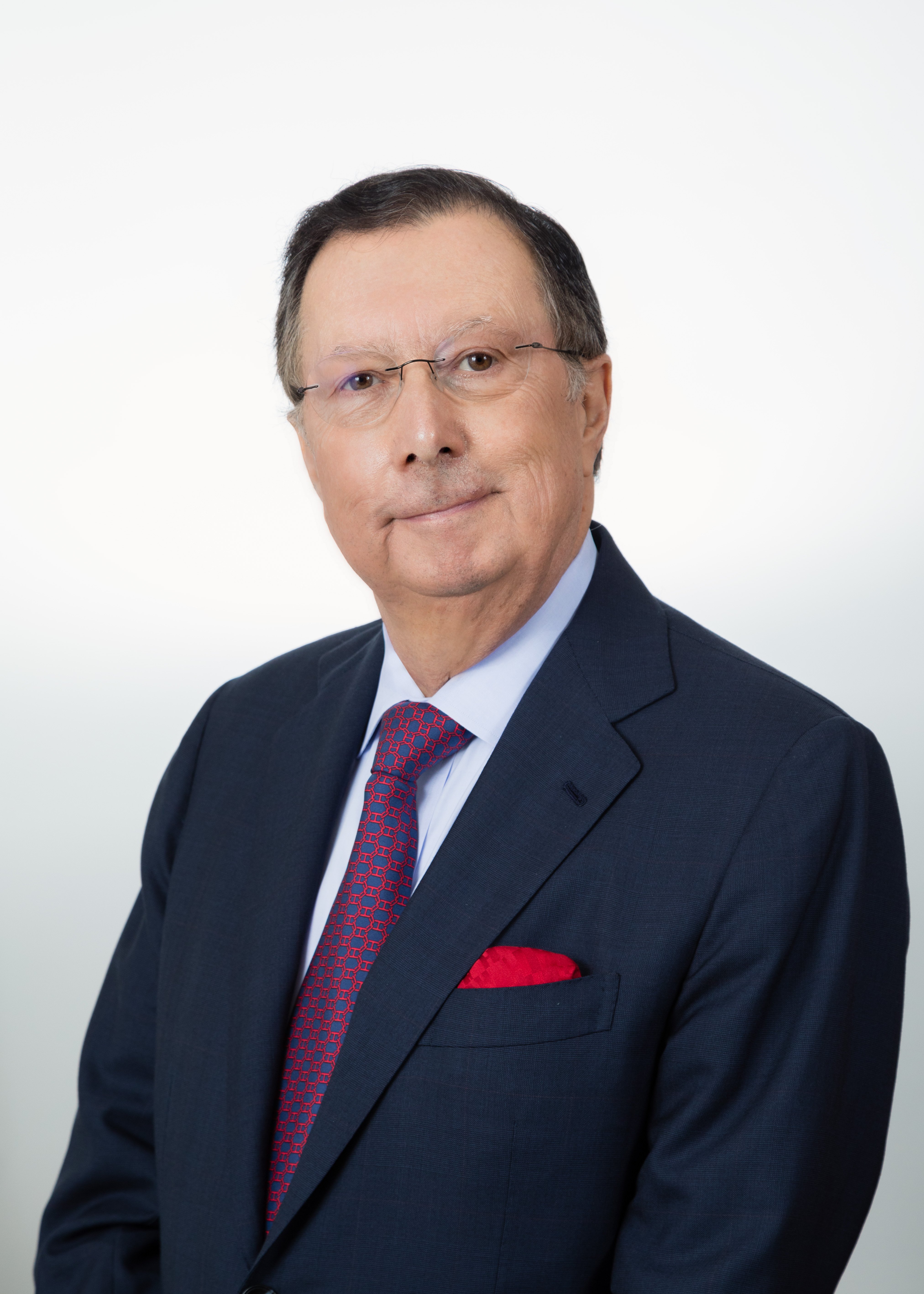 Elisabeth Theodore of Arnold & Porter.
Elisabeth Theodore of Arnold & Porter.Appellate Hot List 2019: Arnold & Porter Kaye Scholer
Elisabeth Theodore discusses the firm's top U.S. Supreme Court win.
October 25, 2019 at 02:30 PM
2 minute read
Tell us about your top U.S. Supreme Court or federal appeals court victory over the past year and how you and your team achieved the win.
We convinced the Supreme Court to hold that adding a citizenship question to the [U.S.] Census violated the Administrative Procedure Act because the government's justification was pretextual. Our firm litigated the case from trial all the way to the Supreme Court, including largely batting back the government's emergency request to the Supreme Court to stay all discovery. And we didn't stop litigating the case after oral argument: we discovered crucial citizenship question-related evidence in a separate, gerrymandering case we were handling and quickly mobilized to get that evidence before the Supreme Court just weeks before the term ended.
How did your firm approach appellate success over the past year?
We have an incredible bench of lawyers who work together as a team to win high-stakes appeals. We have a new practice group chair, John Elwood, and Allon Kedem recently joined from the Solicitor General's Office.
What is the most satisfying element of appellate practice in your opinion?
Coming up with innovative theories and arguments and pulling out victories in cases where no one expected you to win. We often get called in to appeal after adverse decisions, and in particular I love developing and executing strategies to get trial losses reversed.
What's the most valuable lesson you learned as a young lawyer?
To focus on your audience. A well-crafted brief isn't just about great legal arguments, but about telling a story so that the judges want your client to win.
Submitted by Elisabeth Theodore, partner at Arnold & Porter Kaye Scholer.
This content has been archived. It is available through our partners, LexisNexis® and Bloomberg Law.
To view this content, please continue to their sites.
Not a Lexis Subscriber?
Subscribe Now
Not a Bloomberg Law Subscriber?
Subscribe Now
NOT FOR REPRINT
© 2024 ALM Global, LLC, All Rights Reserved. Request academic re-use from www.copyright.com. All other uses, submit a request to [email protected]. For more information visit Asset & Logo Licensing.
You Might Like
View All
'So Many Firms' Have Yet to Announce Associate Bonuses, Underlining Big Law's Uneven Approach
5 minute read
‘A Force of Nature’: Littler Mendelson Shareholder Michael Lotito Dies At 76
3 minute read
As Profits Rise, Law Firms Likely to Make More AI Investments in 2025

Trending Stories
- 1Senate Confirms Last 2 of Biden's California Judicial Nominees
- 2Morrison & Foerster Doles Out Year-End and Special Bonuses, Raises Base Compensation for Associates
- 3Tom Girardi to Surrender to Federal Authorities on Jan. 7
- 4Husch Blackwell, Foley Among Law Firms Opening Southeast Offices This Year
- 5In Lawsuit, Ex-Google Employee Says Company’s Layoffs Targeted Parents and Others on Leave
Who Got The Work
Michael G. Bongiorno, Andrew Scott Dulberg and Elizabeth E. Driscoll from Wilmer Cutler Pickering Hale and Dorr have stepped in to represent Symbotic Inc., an A.I.-enabled technology platform that focuses on increasing supply chain efficiency, and other defendants in a pending shareholder derivative lawsuit. The case, filed Oct. 2 in Massachusetts District Court by the Brown Law Firm on behalf of Stephen Austen, accuses certain officers and directors of misleading investors in regard to Symbotic's potential for margin growth by failing to disclose that the company was not equipped to timely deploy its systems or manage expenses through project delays. The case, assigned to U.S. District Judge Nathaniel M. Gorton, is 1:24-cv-12522, Austen v. Cohen et al.
Who Got The Work
Edmund Polubinski and Marie Killmond of Davis Polk & Wardwell have entered appearances for data platform software development company MongoDB and other defendants in a pending shareholder derivative lawsuit. The action, filed Oct. 7 in New York Southern District Court by the Brown Law Firm, accuses the company's directors and/or officers of falsely expressing confidence in the company’s restructuring of its sales incentive plan and downplaying the severity of decreases in its upfront commitments. The case is 1:24-cv-07594, Roy v. Ittycheria et al.
Who Got The Work
Amy O. Bruchs and Kurt F. Ellison of Michael Best & Friedrich have entered appearances for Epic Systems Corp. in a pending employment discrimination lawsuit. The suit was filed Sept. 7 in Wisconsin Western District Court by Levine Eisberner LLC and Siri & Glimstad on behalf of a project manager who claims that he was wrongfully terminated after applying for a religious exemption to the defendant's COVID-19 vaccine mandate. The case, assigned to U.S. Magistrate Judge Anita Marie Boor, is 3:24-cv-00630, Secker, Nathan v. Epic Systems Corporation.
Who Got The Work
David X. Sullivan, Thomas J. Finn and Gregory A. Hall from McCarter & English have entered appearances for Sunrun Installation Services in a pending civil rights lawsuit. The complaint was filed Sept. 4 in Connecticut District Court by attorney Robert M. Berke on behalf of former employee George Edward Steins, who was arrested and charged with employing an unregistered home improvement salesperson. The complaint alleges that had Sunrun informed the Connecticut Department of Consumer Protection that the plaintiff's employment had ended in 2017 and that he no longer held Sunrun's home improvement contractor license, he would not have been hit with charges, which were dismissed in May 2024. The case, assigned to U.S. District Judge Jeffrey A. Meyer, is 3:24-cv-01423, Steins v. Sunrun, Inc. et al.
Who Got The Work
Greenberg Traurig shareholder Joshua L. Raskin has entered an appearance for boohoo.com UK Ltd. in a pending patent infringement lawsuit. The suit, filed Sept. 3 in Texas Eastern District Court by Rozier Hardt McDonough on behalf of Alto Dynamics, asserts five patents related to an online shopping platform. The case, assigned to U.S. District Judge Rodney Gilstrap, is 2:24-cv-00719, Alto Dynamics, LLC v. boohoo.com UK Limited.
Featured Firms
Law Offices of Gary Martin Hays & Associates, P.C.
(470) 294-1674
Law Offices of Mark E. Salomone
(857) 444-6468
Smith & Hassler
(713) 739-1250










